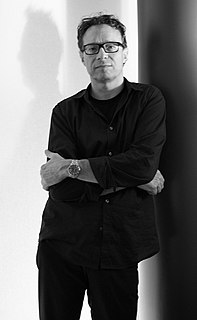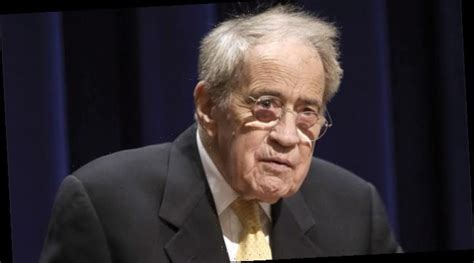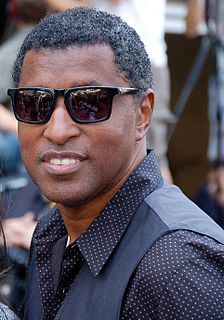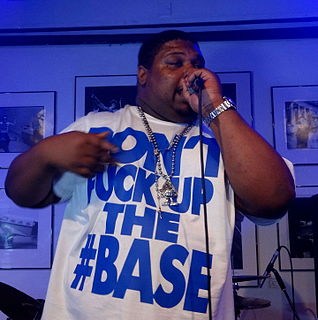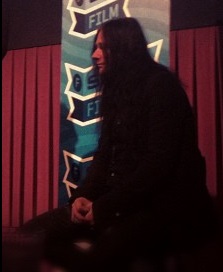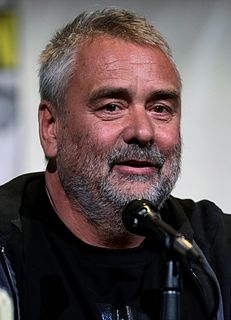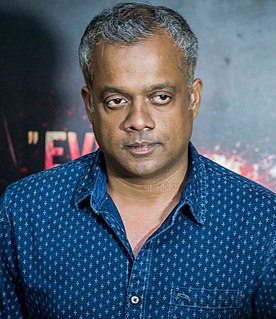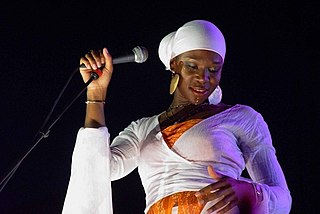A Quote by Lawrence Lessig
As I've indicated, most books go out of print within one year. The same is true of music and film. Commercial culture is sharklike. It must keep moving. And when a creative work falls out of favor with the commercial distributors, the commercial life ends.
Related Quotes
I enjoy music that is commercial. I think that in order for music to be heard in a lot of different situations, you have to always consider that. Commercial music, for the most part, is popular music, and you always have to keep that in mind. It's not so much financial as making sure it gets the shot and is heard on the radio.
By some curious mischance, a couple of my plays managed to hit an area where commercial success was feasible. But it's wrong to think I'm a commercial playwright who has somehow ceased his proper function. I have always been the same thing - which is not a commercial playwright. I'm not after the brass ring.
As a matter of fact 25% of our U.S. investment banking business comes out of our commercial bank. So it's a competitive advantage for both the investment bank - which gets a huge volume of business - and the commercial bank because the commercial bank can walk into a company and say, "Oh, if you need X, Y and Z in Japan or China, we can do that for you."



